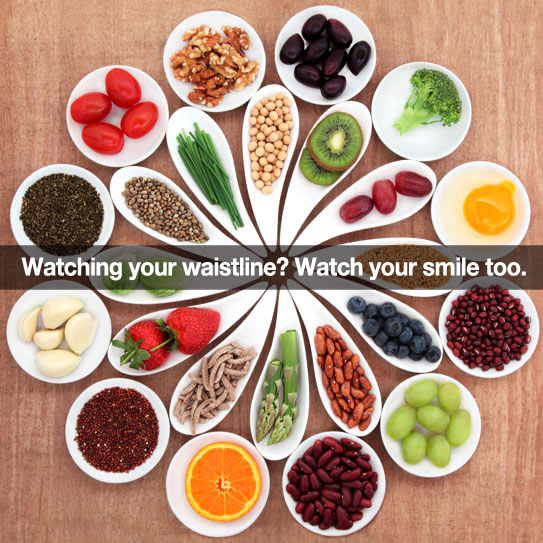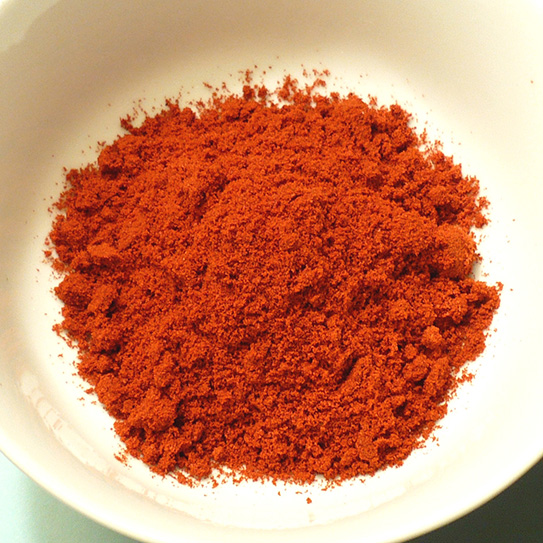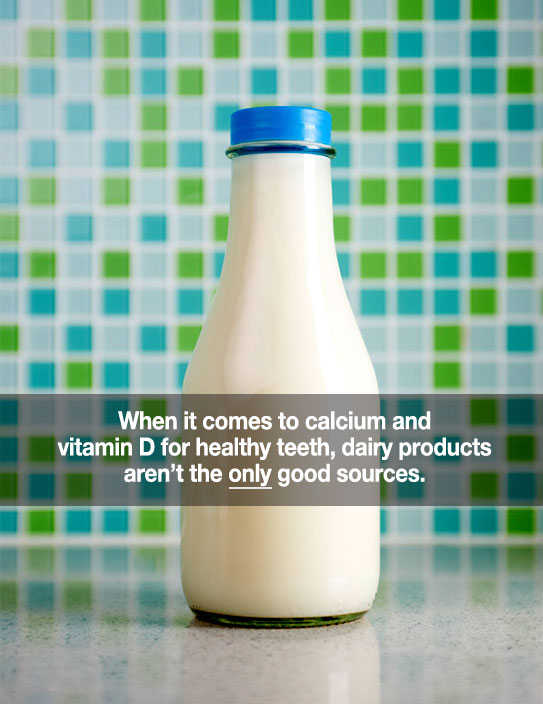Dieting? 4 Tips To Keep Your Smile Healthy
June 22nd, 2018

ARE YOU SETTING WEIGHT LOSS GOALS? GREAT! Just remember to stay healthy — and that includes taking good care of your teeth while dieting!
In order to keep your teeth healthy while in braces, it’s very important to be careful of the foods that you eat. Many of those dangerous foods are things you would never eat on a diet — like sour gummies. However, many healthy diet foods are also bad for your teeth, and braces!
Connections Between Oral Health & Whole Body Health
Our bodies are amazing. Sometimes we forget about the connections between each system. If you’re working to lose weight, be aware of how those diet decisions may affect your teeth. Here are four quick, useful tips:
#1: Be Careful With Juicing & Smoothies
Juicing and drinking smoothies are a recommended part of many diets. They are great ways to consume nutritious fruits and veggies. But remember they can be high in sugar and acids. Also, their strong pigmentation can stain teeth, a major problem if you have braces. Consider using a straw and always rinse your mouth with water when finished.
#2: “Grazing” Can Make Your Mouth A Constant War Zone
Some diets have you snacking less and some have you snacking more! Keep in mind that every time you eat something, your mouth works hard to regain its pH balance—battling acids and washing away debris. You can help by finishing up with a “scrubber” food like celery (chopped or sliced, to make it braces-friendly). And again, rinsing with water is super important.
#3: Some Diet-Friendly Snacks Are Not Tooth Friendly
Some diet-friendly snacks to be careful with include dried fruits that stick to your teeth, nuts, and acidic citrus foods.
#4: Drink Plenty Of Water And Get Enough Vitamins & Minerals
A change in your diet can decrease saliva flow, especially if you’re taking dietary pills or supplements. Drink a lot of water to compensate. Also, vitamins and minerals fuel healthy operations throughout your body. They reinforce tooth enamel and help you resist infection.
Let Us Know If You Have Questions
We’re cheering for you! Good luck with your diet! Let us know if you have any questions about how dieting can affect your smile. Be sure to keep your regular dental cleaning appointments so that any potential problems are identified early.
Thanks for the trust you place in our practice. We appreciate having you as our valued patient.
Gorczyca Orthodontics, 5201 Deer Valley Road, Antioch California 94531
(925) 757-9000 www.clubbraces.com















